Enjoy Google’s Fuchsia OS UI on Android
3 min. read
Published on
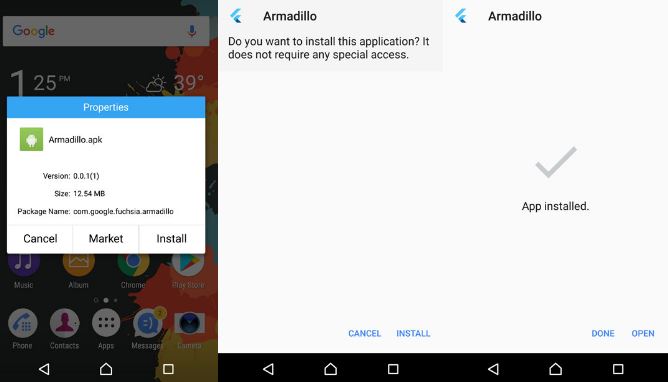
Android and Chrome OS rule the world, but even in such conditions Google wants more. It seems that the company has been working on a third operating system codenamed Fuchsia for over a year. Unlike Android or Chrome OS that are based on Linux, Fuchsia is built on a new, Google-built kernel called Magenta and thins look quite promising. Do you want to enjoy Google’s Fuchsia OS UI on Android?
It turns out that Fuchsia has come a long way from the command line form that we have uncovered in last August. Google has since added an early user interface to its new operating system featuring a card-based design and it keeps working on it.
Let me tell you from the start that there’s nothing you can do other than exploring the experimental new UI. You can get a taste of what Google is working on, yet keep in mind that it’s not particularly functional. This is only a chance that gives us a good look at what Google has been working on, so do you want to refuse it? I would think twice before saying no.
Enjoy Google’s Fuchsia OS UI on Android:
- First of all, grab the APK: the Fuchsia/Armadillo APK waits for you;
- Browse to your downloads folder using a file explorer of your choice. Speaking of that, you can Take ES File Explorer on any Android Device and you won’t regret the decision;
- Up next, tap on the APK file;
- Select Install;
- Make sure you have enabled Unknown Sources in Settings > Security or else it won’t work;
- Tap on Open once the APK is installed.
The UI is not as smooth as you might expect it, but this comes as no surprise as long it is at such an early stage of development. It just came out of a code-based UI after all, so what more to ask for?
Now that we’re getting our first good look at the OS’ UI, it’s clear that Google has big goals for Fuchsia. However, don’t get me wrong. At this point, there’s absolutely no indication of what Google plans to do with Fuchsia. Is it an actual future operating system that the company is building from the ground up to replace its popular Android and Chrome OS? Could it be just a special third software platform that will live alongside Google’s existing mobile and desktop offerings? We will keep an eye on things, be sure of that!


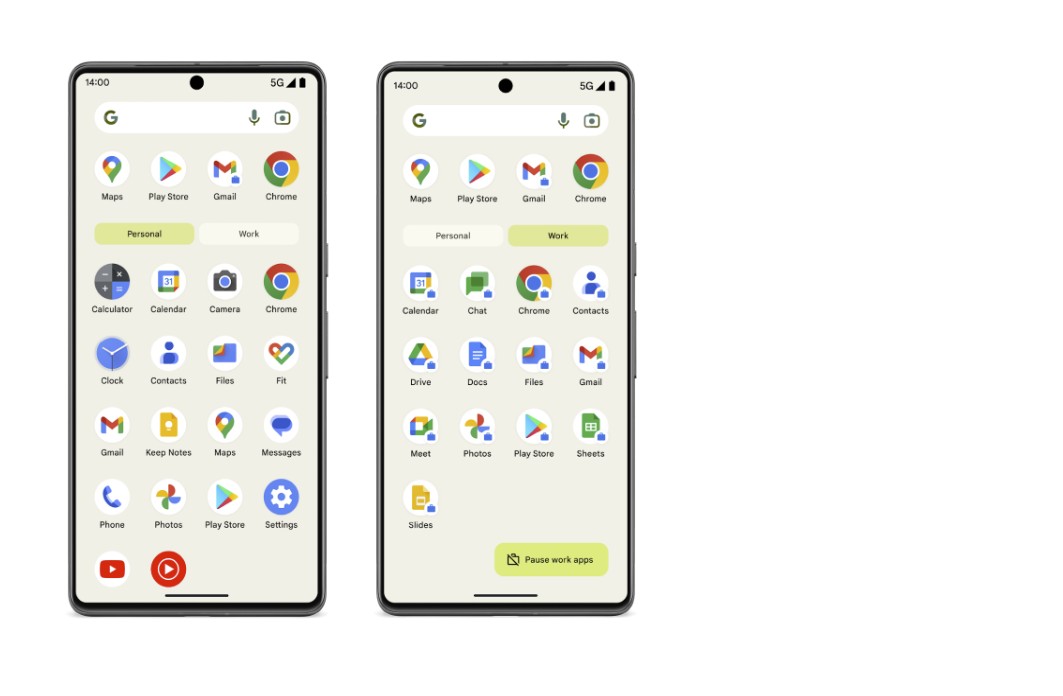
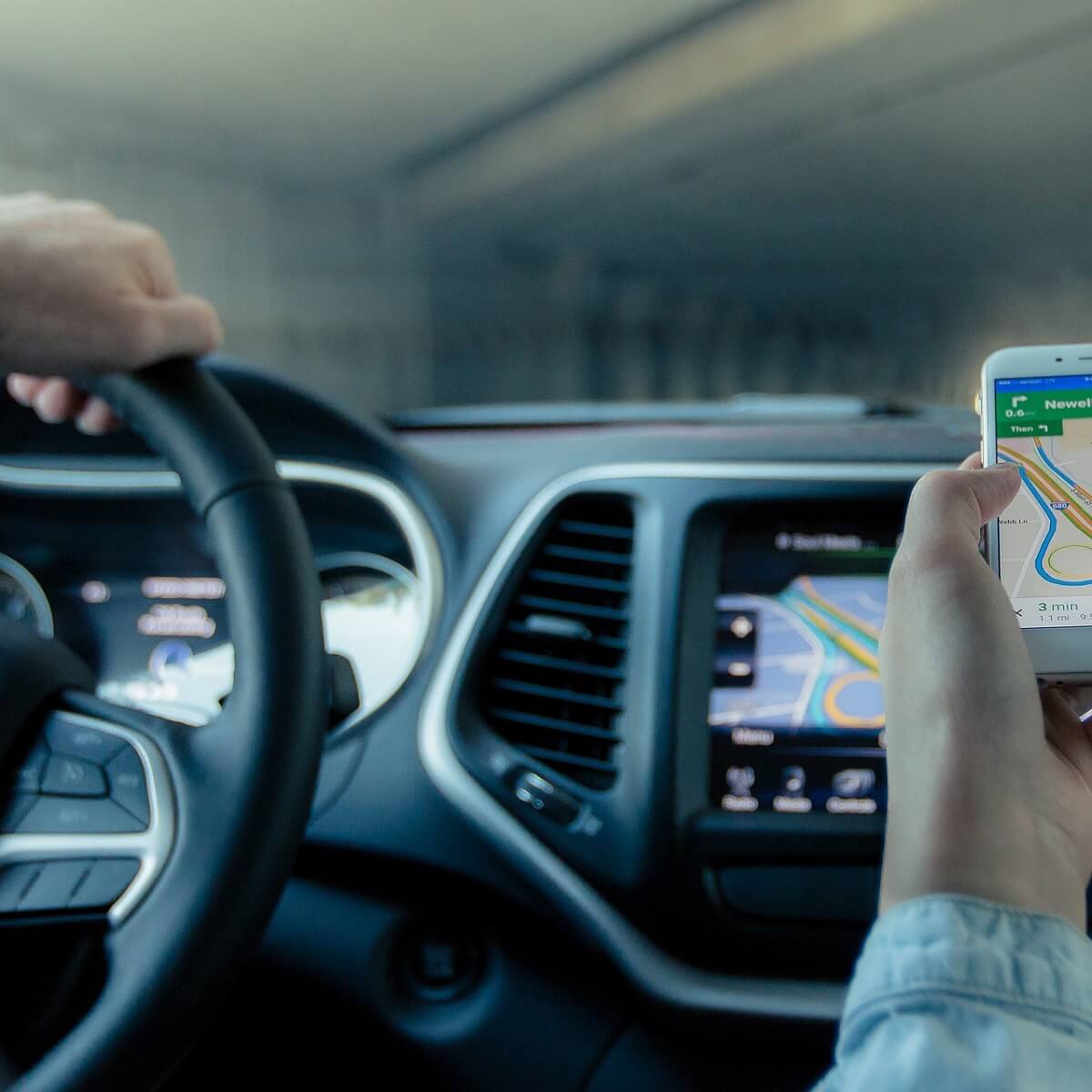
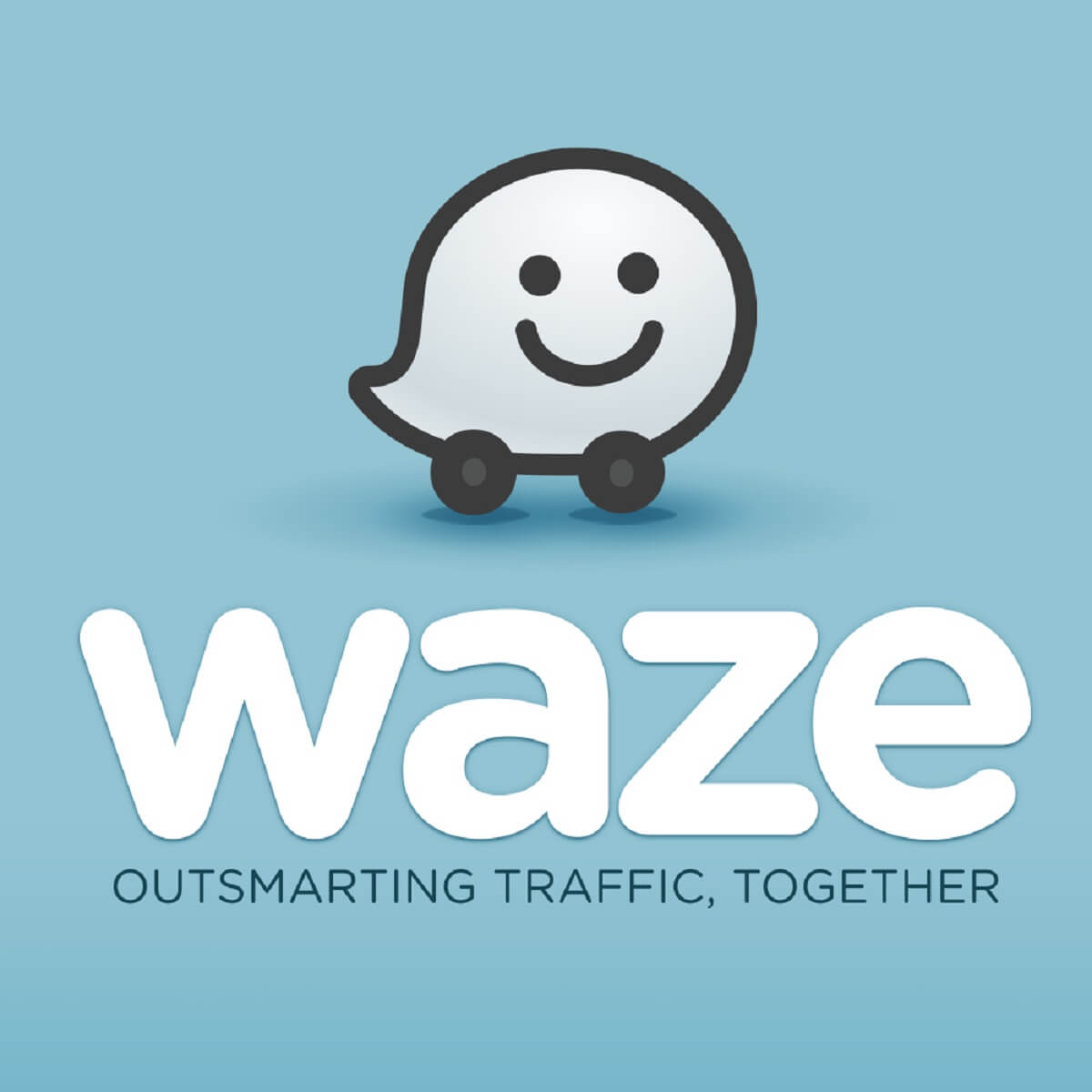
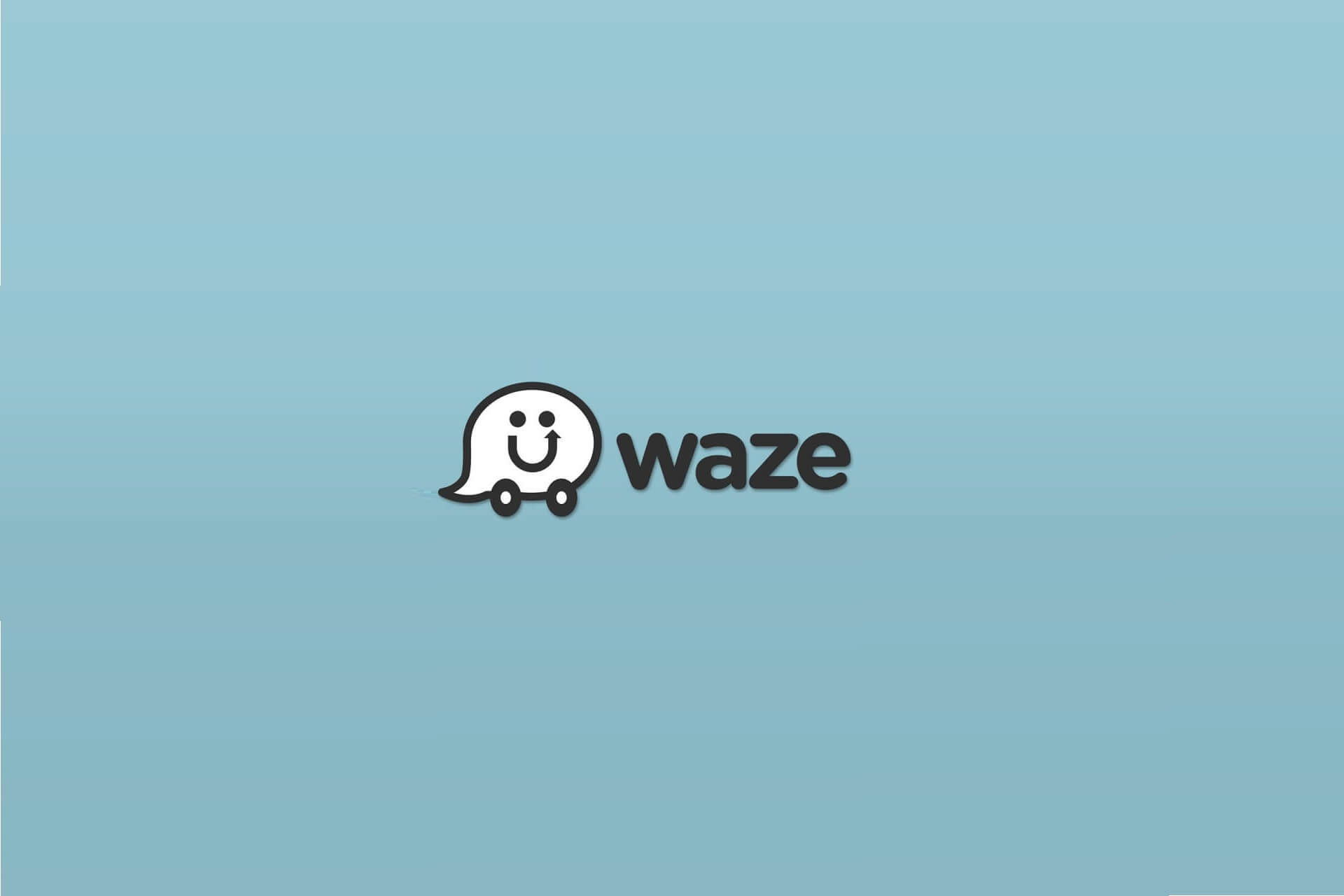

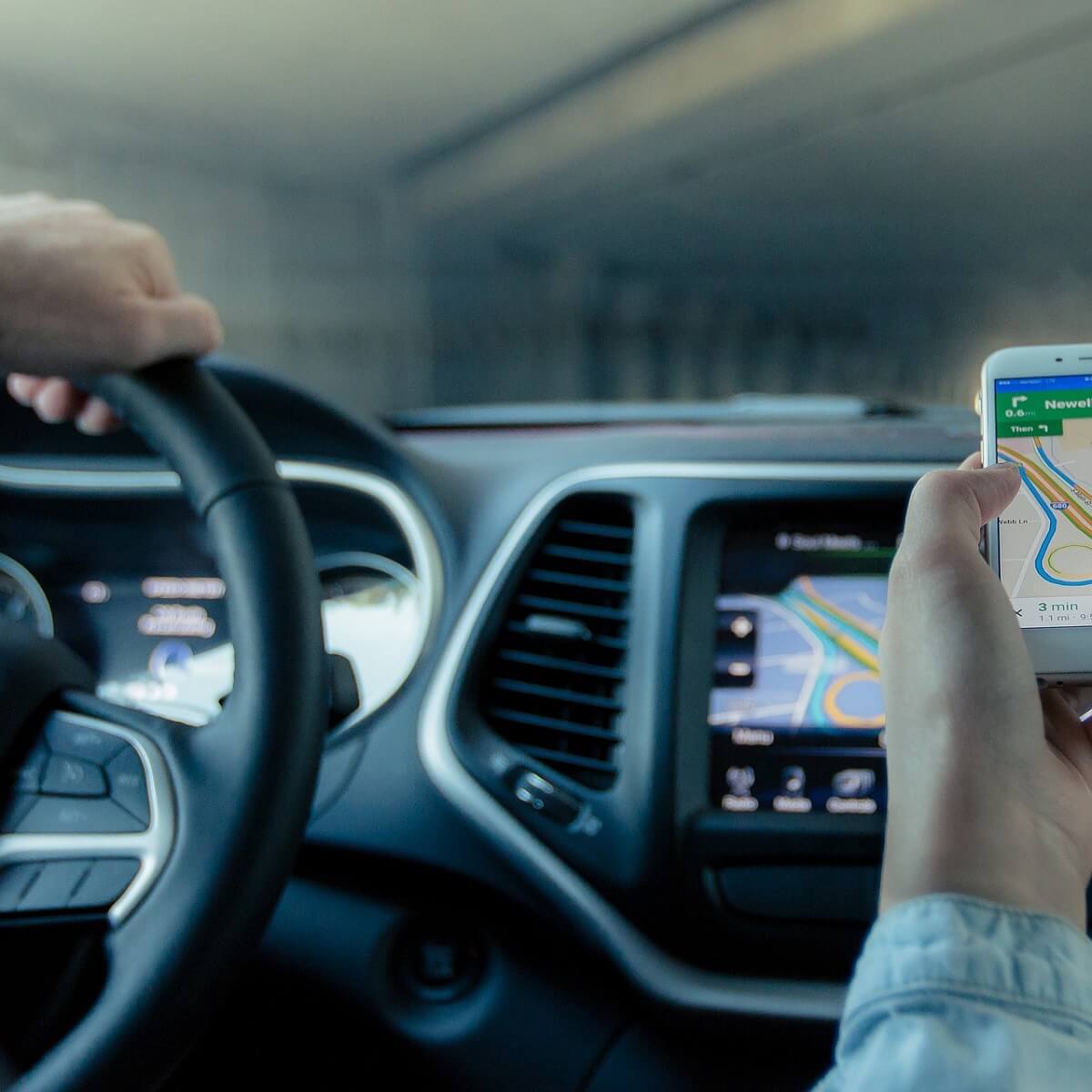
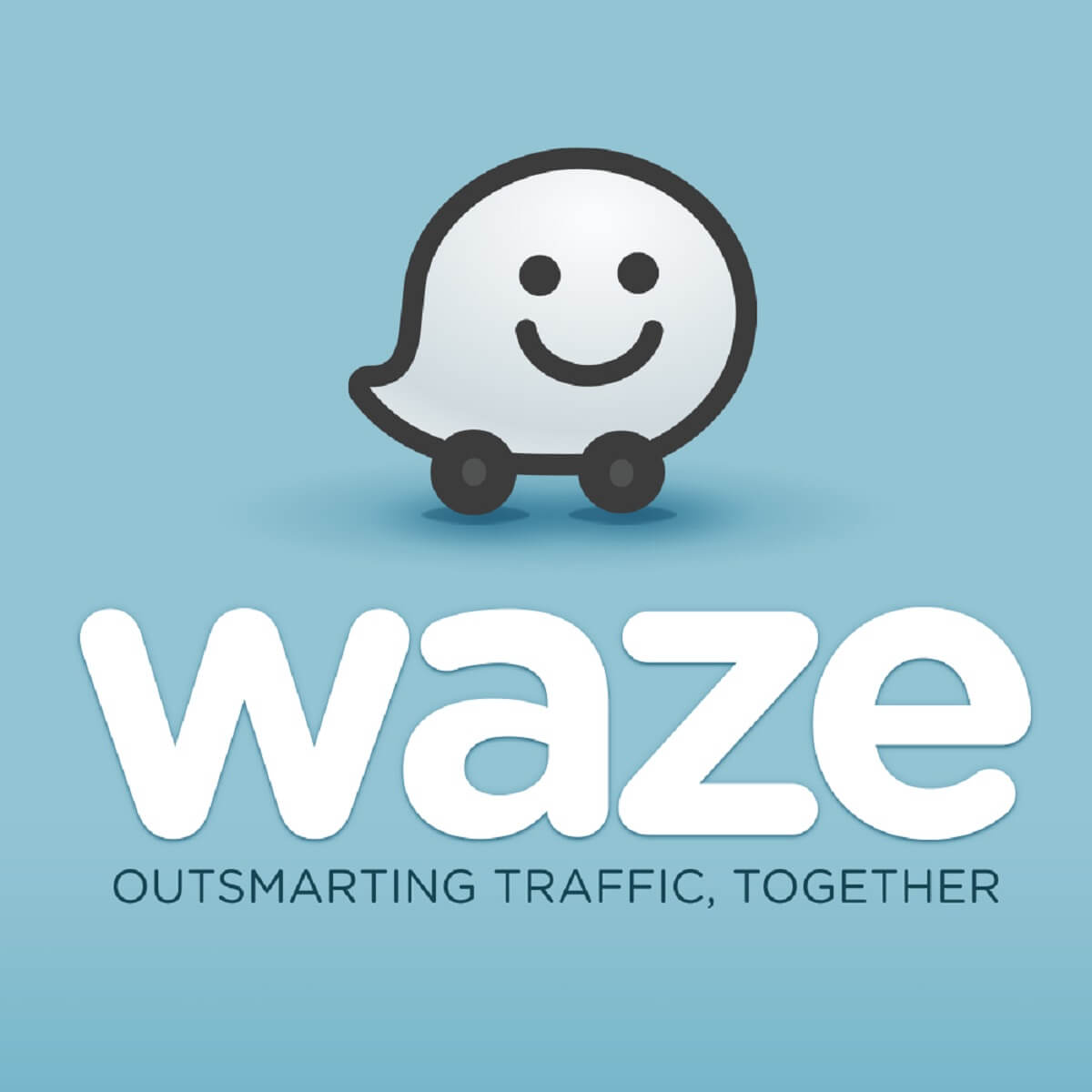
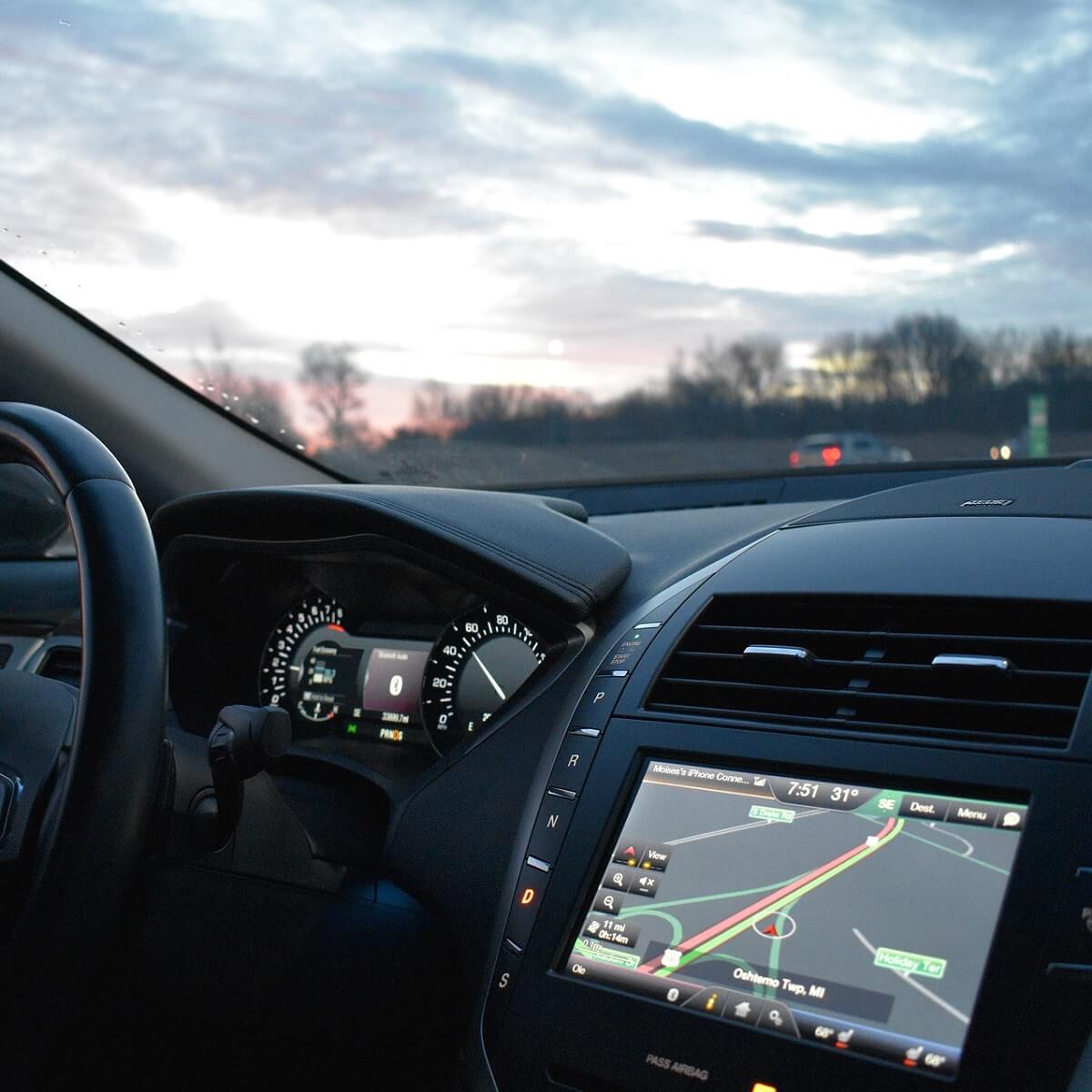
User forum
0 messages